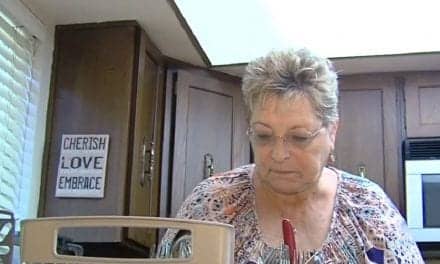In a pilot study, systematic light exposure intervention with a mixed group of fatigued cancer survivors was significantly more effective than comparison dim light exposure in improving sleep efficiency, reports MedicalResearch.com.
Sleep disturbances are reported by cancer patients at a significantly higher rate than in the general population. Among post?treatment cancer survivors, 23% to 44% experience insomnia symptoms even years after treatment.
Sleep disturbances are most commonly treated with medications which many cancer patients are reluctant to add to the large group of medications already prescribed. Furthermore, systematic light exposure intervention is less burdensome than other non?pharmacologic interventions for sleep disturbance.


